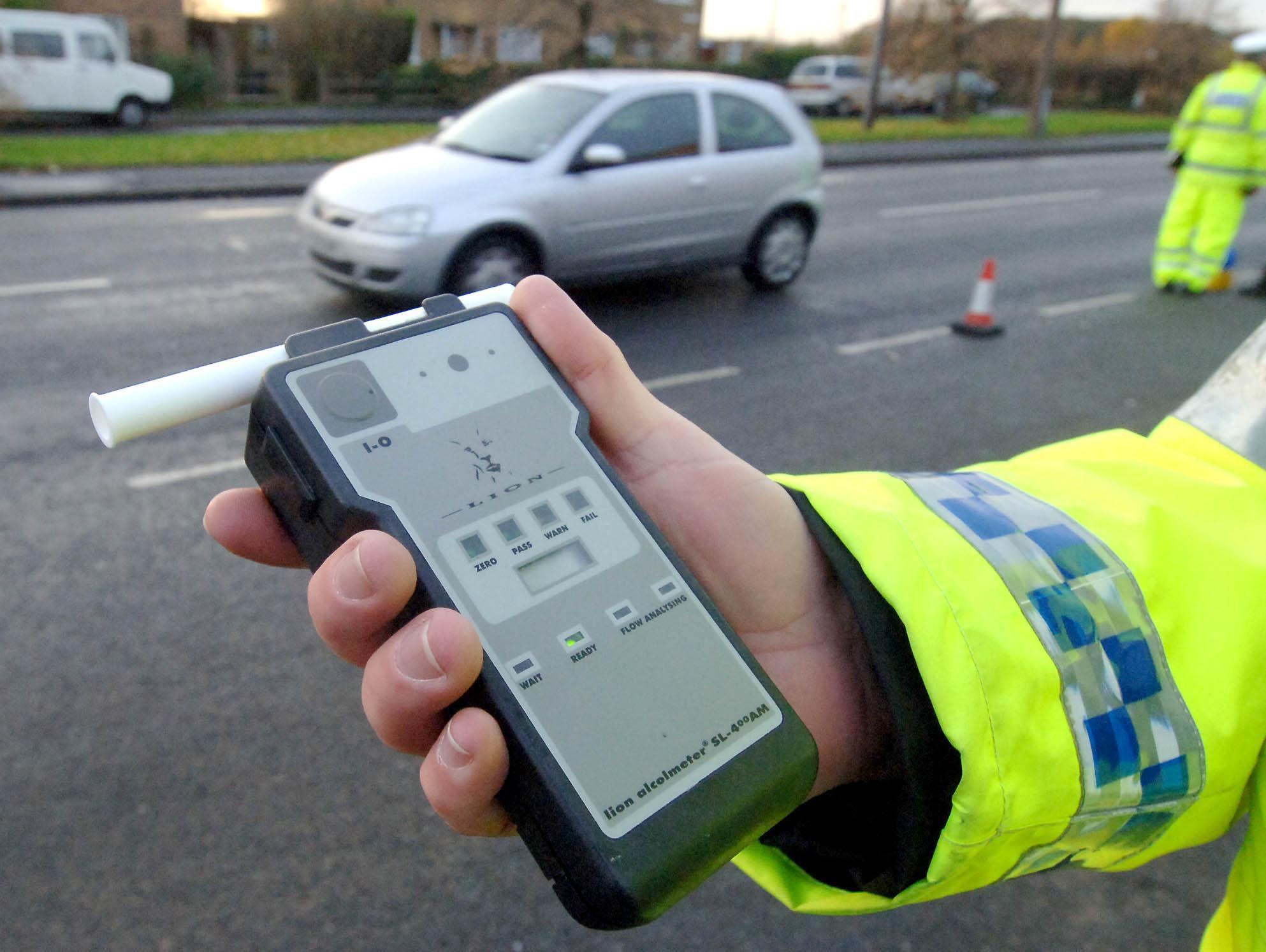What is auto brewery syndrome? Rare metabolic condition that causes body to produce alcohol
The rare metabolic condition was first described in 1952 and is believed to only affect a small number of people

Your support helps us to tell the story
From reproductive rights to climate change to Big Tech, The Independent is on the ground when the story is developing. Whether it's investigating the financials of Elon Musk's pro-Trump PAC or producing our latest documentary, 'The A Word', which shines a light on the American women fighting for reproductive rights, we know how important it is to parse out the facts from the messaging.
At such a critical moment in US history, we need reporters on the ground. Your donation allows us to keep sending journalists to speak to both sides of the story.
The Independent is trusted by Americans across the entire political spectrum. And unlike many other quality news outlets, we choose not to lock Americans out of our reporting and analysis with paywalls. We believe quality journalism should be available to everyone, paid for by those who can afford it.
Your support makes all the difference.On Tuesday, a Belgian brewer was cleared of drink-driving after a court accepted he had a rare condition meaning his own body produced alcohol.
The 40-year-old suffered from Auto-Brewery Syndrome (ABS) - also known as the “drunkeness disease” - and was arrested while driving with 0.91mg of alcohol in his body per litre, way past the legal limit of 0.22mg per litre.
The man’s lawyer said three doctors who independently examined him confirmed he suffered from auto-brewery syndrome and the judge accepted the defence.
So what is Auto-Brewery Syndrome? How does it affect people, and how many people in the world suffer from it? The Independent takes a look below.

What is Auto-Brewery Syndrome?
Auto-brewery syndrome, or gut fermentation syndrome, is a rare condition that results in the production of ethanol through endogenous fermentation in the gastrointestinal system.
This means that after a person consumes carbohydrate-rich foods, they can become intoxicated without actually drinking alcohol.
It was first described in Japan in 1952 and was formally named in 1990. It has only been reported in a small number of patients.
What causes it?
Despite several reports of the condition across the world, there have been few diagnoses and documented studies on how diet, health history of lifestyle factors might cause it.
However, some studies suggest Saccharomyces cerevisiae - a type of yeast - can lead to the syndrome. Prolonged antibiotic use has also been suggested as a cause.
Another variant, urinary auto-brewery syndrome, is when the fermentation occurs in the urinary bladder rather than the gut.
How does it affect people and how is it treated?
People with ABS can experience intoxication, dizziness, dry mouth, belching, chronic fatigue, hangovers, disorientation and irritable bowel syndrome.
Mood changes and other neurological problems have also been reported as symptoms of the condition. Doctors often recommend diet changes - such as reducing carbohydrates - as a treatment.
Antifungal medication is also proscribed to help get rid of infections that could lead to development of yeast. It is also recommended patients don’t consume alcohol.
Join our commenting forum
Join thought-provoking conversations, follow other Independent readers and see their replies
Comments